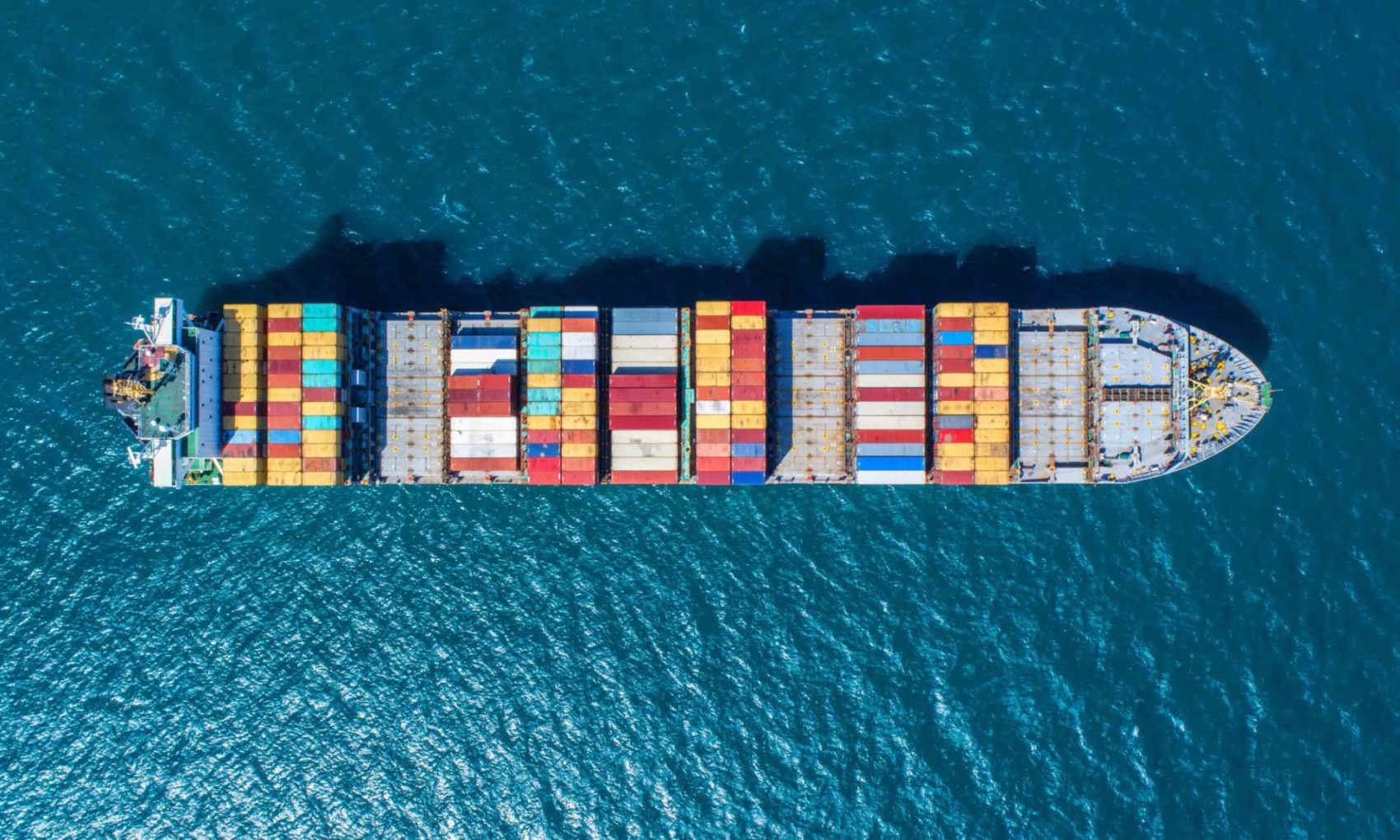Introduction
For international businesses and entrepreneurs considering setting up operations in the Netherlands, one of the most crucial aspects to understand is Article 23 of the Dutch VAT Act. This regulation offers significant advantages for businesses involved in the importation of goods, providing a major incentive for companies looking to streamline their cash flow and reduce VAT-related complexities.
What Is Article 23?
Article 23 allows companies established in the Netherlands to defer the payment of VAT on imported goods until the time of their periodic VAT return. Under normal circumstances, when goods are imported into the Netherlands, VAT is due at the point of entry. This requires businesses to pay VAT immediately and then reclaim it later, which can lead to cash flow issues and administrative burdens.
However, with an Article 23 permit, businesses can postpone this VAT payment, reporting it instead on their VAT return. This effectively means that companies do not have to pay the import VAT upfront, which can be particularly beneficial for businesses that import large volumes of goods or high-value items.
Benefits of Article 23
- Improved Cash Flow: By deferring the payment of VAT, businesses can improve their cash flow, as they do not need to outlay large amounts of capital at the point of importation.
- Simplified Administration: The process of reclaiming VAT can be administratively burdensome. Article 23 simplifies this by allowing businesses to report the VAT on their periodic return, rather than paying and reclaiming it separately.
- Competitive Advantage: For companies trading internationally, Article 23 provides a competitive edge by reducing the financial burden and making the Netherlands an attractive location for logistics and distribution hubs.
- Compliance: Once granted, companies must adhere to ongoing compliance requirements, including accurate and timely filing of VAT returns and maintaining proper records of all imports.
Eligibility and Requirements
To benefit from Article 23, companies must meet certain criteria
- Dutch Establishment: the company must be established in the Netherlands. This typically means having a physical presence, such as an office or warehouse, and being registered with the Dutch Chamber of Commerce.
- VAT Registration: The company must be registered for VAT in the Netherlands.
- Application Process: Businesses must apply for the Article 23 Permit through the Dutch Tax and Customs Administration. This process involves providing detailed information about the business operations, including the nature of the goods imported and the expected volume of trade.
- Compliance: Once granted, companies must adhere to ongoing compliance requirements, including accurate and timely filing of VAT returns and maintaining proper records of all imports.
Timeline for Obtaining Article 23
The timeline for obtaining an Article 23 permit can vary depending on the completeness of the application and the complexity of the business operations. Typically, it can take several weeks to a few months to receive approval. Businesses are advised to apply well in advance of when they plan to start importing goods to ensure the permit is in place.
Practical Considerations for Setting Up Business in the Netherlands
For businesses looking to set up in the Netherlands, leveraging Article 23 should be part of a broader VAT strategy. When combined with other tax advantages, such as the Innovation Box regime or the participation exemption, it can significantly enhance the financial efficiency of operating in the Netherlands.
Hiring a Fiscal Representative
For non-EU businesses, the Dutch Tax Authorities may require the appointment of a fiscal representative to use Article 23. A fiscal representative is a Dutch-based entity that acts on behalf of your company to handle VAT obligations. They ensure compliance with Dutch tax laws, including the filing of VAT returns and managing correspondence with the tax authorities. Please note that we do not provide fiscal representation services.
Conclusion
Article 23 of the Dutch VAT Act provides a powerful tool for businesses involved in international trade, offering significant cash flow and administrative benefits. By deferring the payment of import VAT, companies can optimize their operations and gain a competitive edge. For entrepreneurs and businesses planning to establish in the Netherlands, understanding and utilizing Article 23 is an essential step in their strategic planning.
Next Steps
If you are considering setting up your business in the Netherlands and want to explore for Article 23 can benefit your operations, our team at Bolder Launch specialize in helping businesses navigate the complexities of setting up and managing their operations in the Netherlands. We can guide you through the application process, ensure compliance with Dutch tax laws, and our tailored services can help you make the most of the benefits available.
Please contact us at launch@bolderlaunch.com / corporate@bolderlaunch.com to learn more about how we can help expand your business in the Netherlands. We are more than happy to assist with guidance!
The publication has been prepared for general guidance on matters of interest only and does not constitute professional advice. You should not act upon the information contained in this publication without obtaining specific professional advice. No presentation or warranty (express or implied) is given as to the accuracy or completeness of the information contained in this publication, and, to the extent permitted by law, Bolder Launch B.V., its members, employees and agents do not accept or assume any liability, responsibility or duty of care for any consequences of you or anyone else acting or refraining to act in reliance on the information contained in this publication or for any decision based on it.

